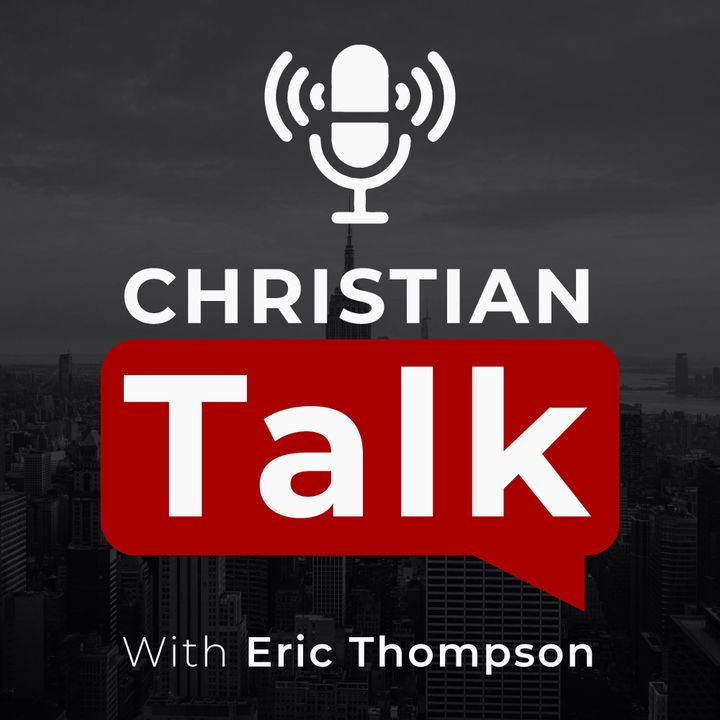Harvard’s Summer Reading List Raises Concerns Over CRT Indoctrination
Harvard University has once again found itself at the center of controversy with its latest summer reading list, which includes a book focused on indoctrinating students with Critical Race Theory (CRT).
The reading list, recommended by a group of leftist academics, has sparked significant backlash from conservative circles, particularly those concerned about the increasing influence of CRT in educational institutions.

The book in question, “CRT for Educators: Teaching for Racial Justice,” is described as a comprehensive guide for educators on how to incorporate CRT principles into their teaching practices. According to its description, the book aims to equip teachers with the tools needed to foster a “racially just” classroom environment. Critics argue that this is a thinly veiled attempt to promote a divisive and controversial ideology under the guise of educational reform.
Conservative Outrage
Conservative critics have been vocal in their opposition to the inclusion of this book on Harvard’s reading list. They argue that CRT promotes a distorted view of American history and society, emphasizing racial divisions and systemic oppression rather than unity and progress. Campus Reform, a conservative watchdog organization, reported that the book encourages educators to view all aspects of education through the lens of race, which they believe is inherently divisive.
One conservative commentator noted, “This is yet another example of how leftist ideologies are being pushed in our educational institutions. Instead of promoting a balanced and objective view of history, Harvard is endorsing a book that encourages teachers to indoctrinate students with CRT.”
The Christian Worldview
From a Christian worldview, the promotion of CRT in education is particularly troubling. Many Christians believe that all individuals are created in the image of God and should be treated with equal dignity and respect, regardless of race. However, CRT, with its focus on systemic oppression and inherent racial biases, can be seen as contradictory to these values.
Dr. Everett Piper, a conservative Christian commentator, has been critical of the inclusion of CRT in educational curricula. He argues that CRT undermines the foundational Christian principles of forgiveness and reconciliation by perpetuating a narrative of perpetual victimhood and guilt. “CRT is not about reconciliation or healing; it’s about division and resentment,” Dr. Piper stated. “This is not what we should be teaching our students.”
Educational Implications
The inclusion of CRT-focused material in educational reading lists raises important questions about the direction of higher education in America. Critics argue that universities like Harvard, once bastions of free thought and open debate, are increasingly becoming echo chambers for leftist ideologies. The focus on CRT is seen as part of a broader trend towards politicization in education, where academic rigor is often sacrificed in favor of ideological conformity.
A recent survey by the National Association of Scholars found that a significant majority of Americans believe that political bias is a serious problem in higher education. This sentiment is echoed by many parents and educators who are concerned about the impact of CRT on students’ understanding of history and society.
The Broader Debate
The debate over CRT is part of a larger national conversation about the role of race and racism in American society. Proponents of CRT argue that it provides a necessary framework for understanding and addressing systemic racism. However, critics counter that it promotes a fatalistic view of race relations and undermines efforts to create a more inclusive and cohesive society.
The controversy surrounding Harvard’s summer reading list is unlikely to die down anytime soon. As educational institutions continue to grapple with issues of diversity and inclusion, the inclusion of CRT in curricula will remain a contentious issue. For now, Harvard’s decision to endorse a book on CRT serves as a stark reminder of the ongoing ideological battles being waged in America’s classrooms.
Conclusion
Harvard’s summer reading list, with its endorsement of a book on CRT, has sparked significant controversy and debate. From a conservative and Christian perspective, the promotion of CRT is seen as a divisive and harmful trend in education.
As the debate over CRT continues, it remains to be seen how educational institutions will navigate these contentious waters and what impact it will have on future generations of students.

